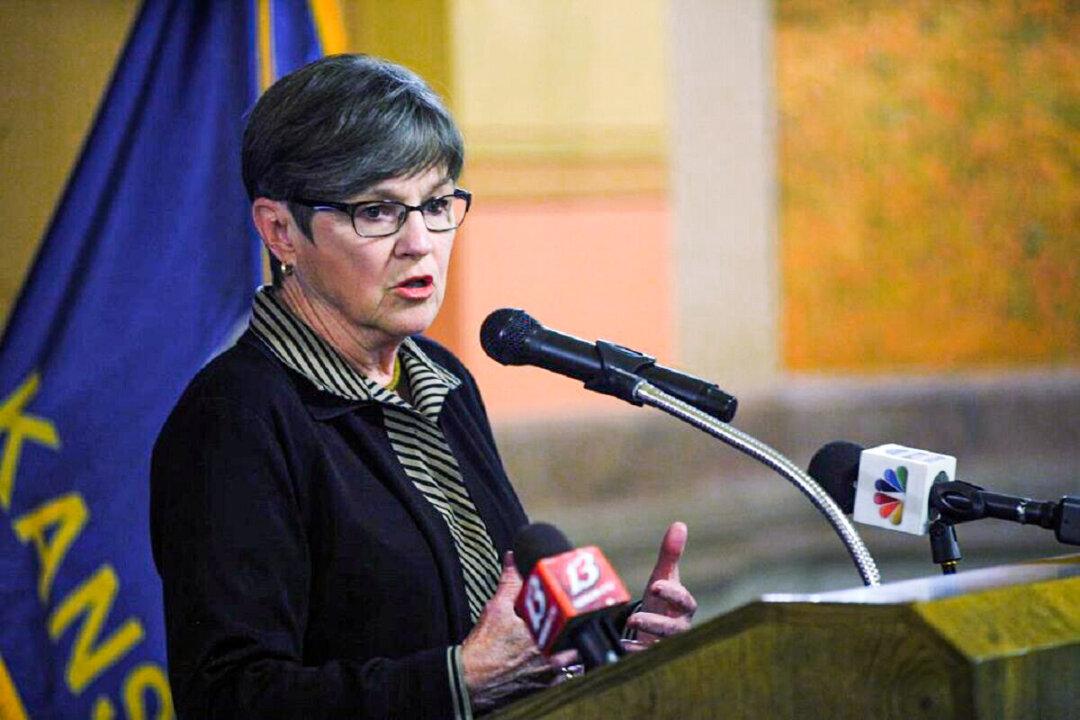The Kansas primaries on Aug. 2 will include Democratic and Republican inter-party preliminaries to select their gubernatorial candidates for fall’s general elections.
But both primaries are perfunctory formalities, non-competitive preambles to a predicted three-month toss-up brawl between incumbent Democratic Gov. Laura Kelly and her Republican challenger, Kansas attorney general Derek Schmidt.
Both face nominal opponents in slam-dunk Aug. 2 primaries, have millions to spend and are already lobbing broadsides at each other in long-plotted campaigns that will only intensify as November nears.
The anticipated Kelly-Schmidt race is one of 36 gubernatorial elections nationwide this fall. Kelly is among 22 Democratic governors seeking re-election but the only one doing so in a state that former president Donald Trump won in 2020, garnering 56 percent of the vote.





